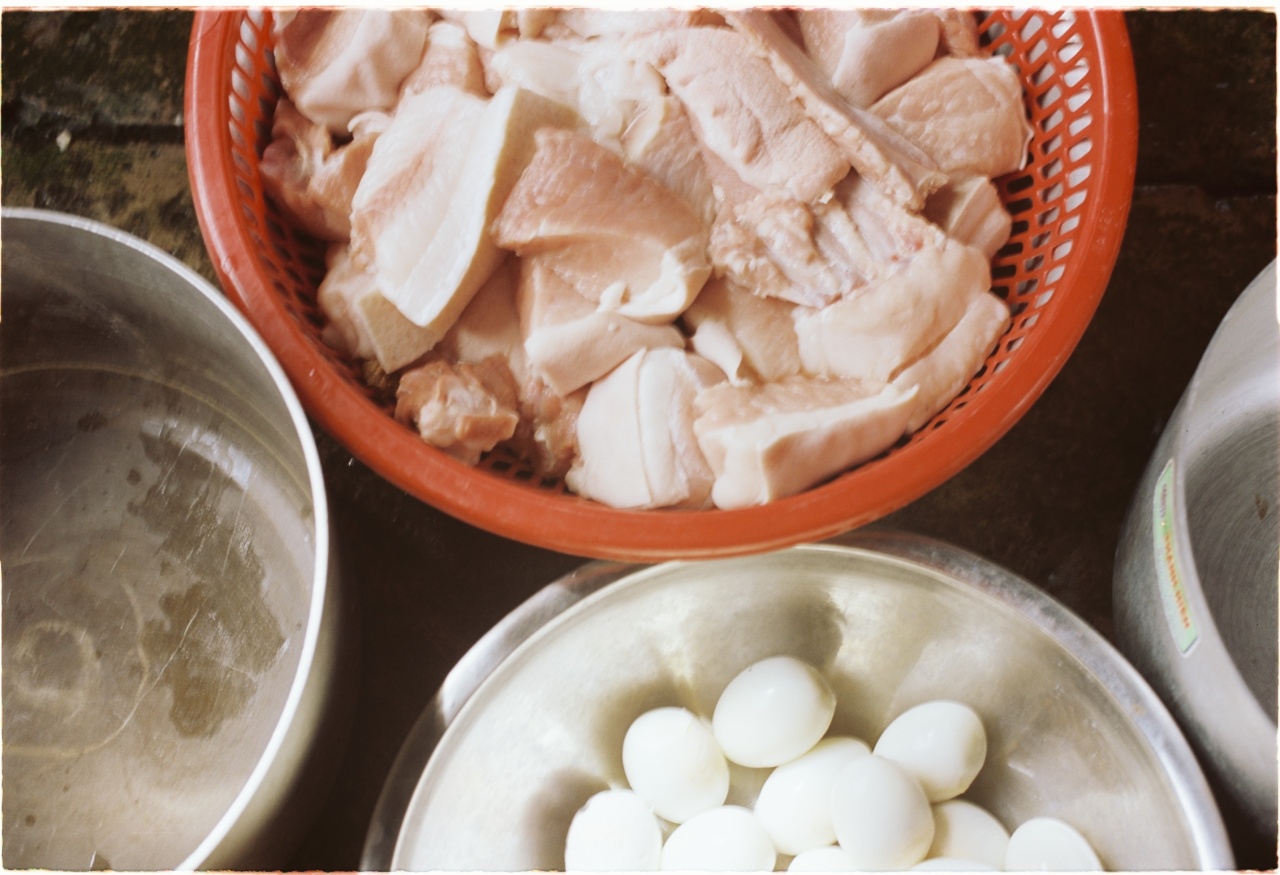More and more women are choosing to delay parenthood for various reasons. Career advancements, financial security, and personal fulfillment are just some of the factors that have contributed to the rise of egg freezing as a viable option for women.
But what exactly is egg freezing, and what are the pros and cons of this reproductive technology? Let’s delve deeper into this subject matter.
What is egg freezing?
Also known as oocyte cryopreservation, egg freezing is a procedure that involves retrieving a woman’s eggs, freezing them, and storing them for use at a later time.
Egg freezing allows women to preserve their fertility and delay parenthood without compromising their chances of conceiving in the future. The procedure involves the use of hormone injections to stimulate the ovaries to produce eggs.
The eggs are then retrieved using a needle and frozen using a process known as vitrification, which involves rapidly cooling the eggs to -196 degrees Celsius to prevent ice crystal formation.
Pros of egg freezing
1. Delaying parenthood without age-related fertility decline
One of the most significant benefits of egg freezing is that it allows women to delay parenthood without worrying about age-related fertility decline.
As women age, their ovarian reserve decreases, and the quality of their eggs deteriorates, which makes it harder for them to conceive. By freezing their eggs, women can preserve their younger, healthier eggs and use them when they are ready to start a family, even if that is several years down the line.
2. Allows women who are undergoing medical treatments to preserve their fertility
Chemotherapy and radiation therapy used to treat cancer can damage a woman’s eggs and affect her fertility.
Egg freezing allows women undergoing cancer treatment to preserve their fertility and increase their chances of conceiving after they have recovered from the disease.
3. Provides a sense of security for women who are not yet ready to start a family
Egg freezing provides a sense of security for women who are not yet ready to start a family, but want to have children in the future.
Knowing that they have frozen eggs that can be used later can relieve the anxiety and pressure associated with age-related fertility decline and the timing of parenthood.
Cons of egg freezing
1. The cost of the procedure
One of the biggest drawbacks of egg freezing is the cost. The procedure can cost between $5,000 to $15,000, not including medication and storage fees, which can add up to thousands of dollars over the years.
The high cost of egg freezing makes it less accessible for women from low-income households, and insurance companies do not always cover the cost of the procedure.
2. The uncertainty of pregnancy success rates
There is no guarantee that a woman who freezes her eggs will conceive a child in the future.
The success rates of egg freezing vary depending on factors such as age, the number and quality of eggs frozen, and the method used to fertilize the eggs (in vitro fertilization or natural conception). Women should consult with their doctors to discuss their chances of pregnancy success and the best options for them.
3. The emotional toll of the process
Egg freezing can be emotionally and mentally draining for some women. The hormone injections used to stimulate the ovaries can cause mood swings, headaches, and bloating.
The egg retrieval process can also be painful and uncomfortable, and the uncertainty of pregnancy success rates can cause stress and anxiety. Women should consider the emotional and mental toll of the process before deciding to freeze their eggs.
Conclusion
Egg freezing is a reproductive technology that has both pros and cons. It provides women with the ability to preserve their fertility and delay parenthood without the worry of age-related fertility decline.
It also allows women undergoing medical treatments to preserve their fertility and provides a sense of security for women who are not yet ready to start a family.
However, the high cost of the procedure, the uncertainty of pregnancy success rates, and the emotional toll of the process are some of the drawbacks that women should consider before deciding to freeze their eggs.





























